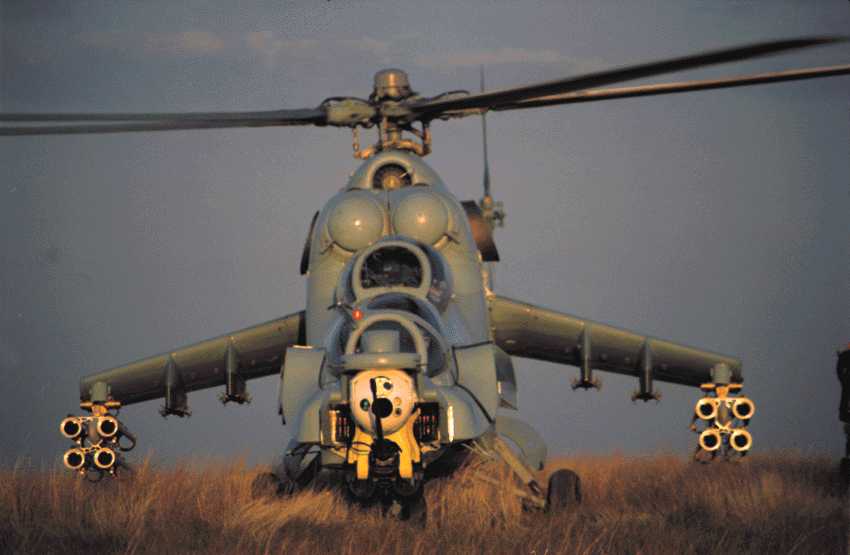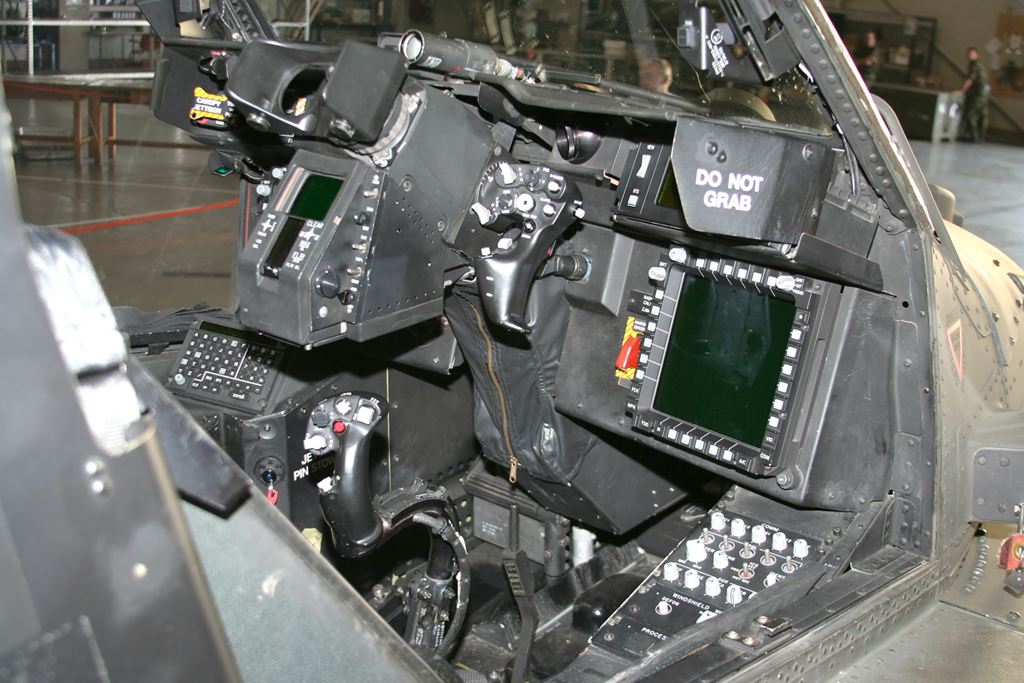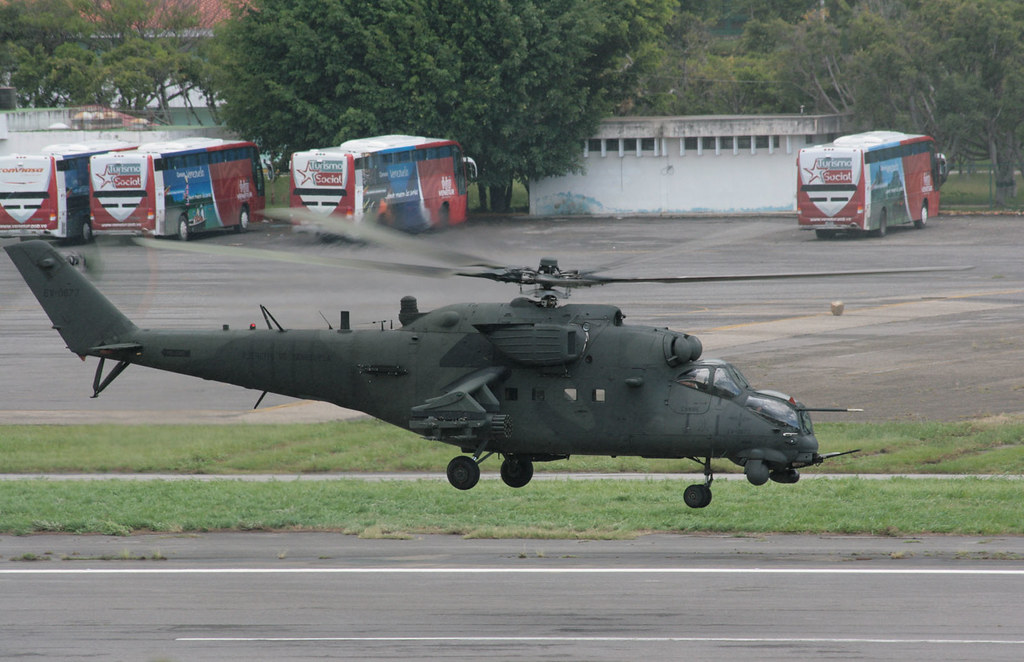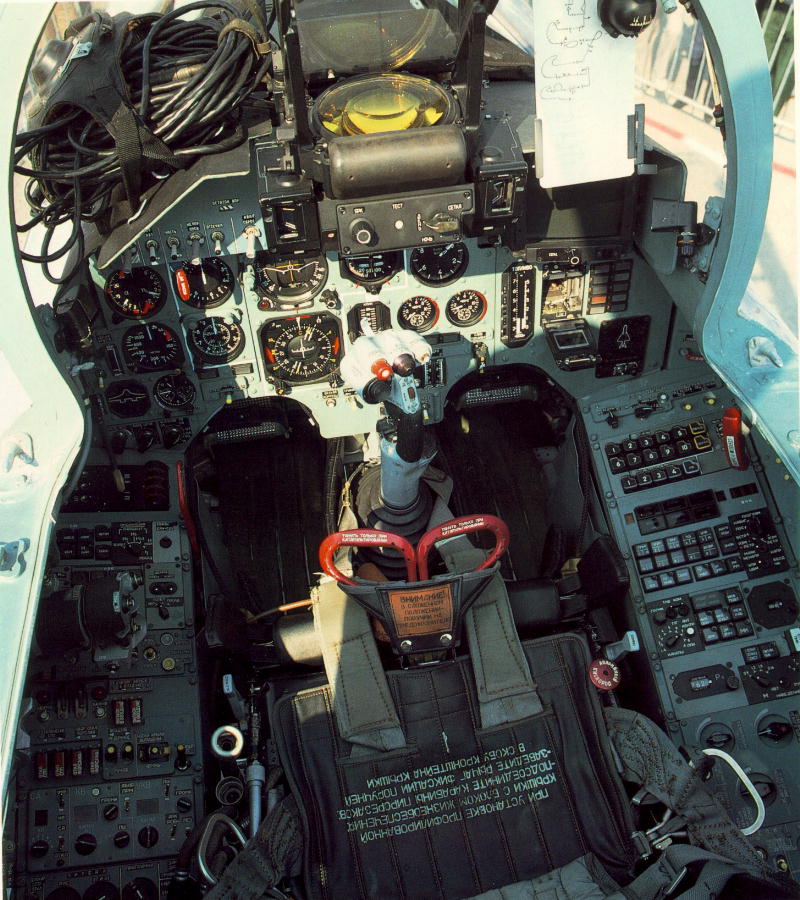An Air France plane was intercepted by an Indian Air Force (IAF) MiG 29 aircraft over Amritsar on Thursday morning as it crossed into Indian airspace.The Air France Airbus-343 had entered India above Amritsar,
IAF scrambled two
MiG-29 fighter jets to intercept an "unidentified aircraft'' after it entered Indian airspace from Pakistan on Thursday morning
IAF radars picked up the aircraft, flying at a flight level of 37,000 feet, as it entered Indian airspace on an established border entry point on the ATS route. The aircraft was not in communication and also the secondary radar response code or the Squawk code of the aircraft, was not correct. The aircraft was then identified as 'Unknown'.
Immediately, an IAF MiG-29 fighter jet was scrambled to intercept and investigate the identity of the 'unknown' aircraft. It was only later that the aircraft started transmitting correct secondary radar response code and was picked up and identified by AD radar as civil airliner airbus a340 300 of Air France,which was on its from Paris to Bangkok.
The MiG-29 fighter aircraft was given instructions to break off and return to base. A formal report of the incident has been forwarded to Airports Authority Of India (AAI).
Tuesday, September 15, 2009
MiG 29 intercepts Air France plane
Flight Simulator x F-16 X Mission Pack
In 10 missions you will be asked to intercept other aircraft, refuel in flight, assist in a simulated attack and where needed to safe yourself when things go wrong. Made for the pilot who likes to be challenged, the F-16 Mission Pack makes a great aircraft even better!
All missions are introduced with a detailed missions briefing and will come with all the scenery and objects that are needed. Of course there is full audio so you will hear the controllers and pilots.
Features:
All 10 missions with sound effects and voice files
English voices and subtitles
Full details of the missions in the briefing files
Additional scenery to match the missions
mi 24 hind gunship wallpapers







modernized Mi-24 with thermal sights, rotor elements from Mi-28 and double barrel cannon 23mm GSh-23


Mil Mi-24D "Hind D", Czech Air Force

Mi 24 carries more firepower then any other attack helicopter and in different variety as well, rockets, AT missiles, cannons, bombs etc etc. Also it's much more heavily armored/protected then any other western "gunship" helicopter. Especially from the frontal aspect is virtually impervious to 12.7mm or .50BMG and all critical areas are protected against 23mm AP rounds including rotors and two front windshields. No other "gunship" has titanium and ceramic armor in such platform.Mi 24 will continue to serve in Russian armed forces well into the future even when there will be other attack choppers in service. The design team that developed Hind created a chopper that is nearly perfect and they couldn't even imagined back then that it would become such a successful platform.

Mil Mi-24a


Hungarian Air Force Mil Mi-24E Hind helicopters

The Russians used the mi 24 Hind extensively in their invasion of Afghanistan until the U.S. started providing Stinger anti-aircraft missiles to the Afghani resistance fighters.Hind was designed for speed..... sleek, retractable lading gear, large wings to provide 20% lift, more powerful engines etc.
It was designed to strafe targets like WW2 airplanes did. Speed is somewhat essential for this task so is heavy armor. Unlike Apache that is best suited to fly at night and shoot at the targets far away, It's a flying Armored Personel Carrier/Gunship,Mi 24 is the fastest combat helicopter in the world with the maximum speed of 335 km/h, for a comparison AH 64D maxes out at 276 km/h
its fast, maneuverable, fairly heavily armoured, and can put down very heavy firepower if needed. the cabin can carry 8 soldiers
The Super Hind is produced by Ate Aerospace a South African company. It has only been sold to Algeria so far. It has a South African Vekor 20mm gun and Mokopa anti-tank missiles.
Monday, September 14, 2009
ssn Akula class submarine pics







Project 971 Shchuka-B, NATO reporting name "Akula" is a nuclear-powered attack submarine (SSN) first deployed by the Soviet Navy in 1986. The class is sometimes erroneously called the "Bars" class,
Displacing 12,000 tonnes, the Akula II class submarine is believed tobe quieter and deadlier than any other nuclear attack submarine in the Russian fleet
Specifications, Akula class, Project 971:
Designed by G.N. Chernyshev at Malakhit, some 110 meters long, the Akula is double-hulled with considerable distance between the outer and inner hulls to reduce the possible damage to the inner hull. The hull is constructed of low magnetic steel, and divided into eight compartments, and features a distinctive high aft fin.
Displacement (srf/sub tons): 7,500/9,100
Dimensions (L*B*D feet): 360'1*45'9*34'1
Propulsion: 1*190MWt OK-650B Pressurized Water Reactors (PWR), 1*OK-7 geared steam turbine 43,000hp, one shaft 7 bladed propeller
Speed (sub knots): 28+
Range (srf/sub miles@knots): not relevant
Diving depth (feet): 1,475 (450m)
Complement: 25-31 officers 26-31 enlisted
Missile: SLCM sub-launched cruise missiles, Reduga SS-N-21 Sampson/Granat (1,620 n/miles nuclear warhead 200kT)
SSM sub-launched anti-ship missiles, SS-N-15 Starfish/Tsakra (24 n/miles nuclear warhead 200kT), Novator SS-N-16 Stallion (54 n/miles nuclear warhead 200kT), SS-N-27 Alfa (97 n/miles conventional warhead 200kg)
Torpedo: 4*21" (533mm) bow torpedo tubes, 4*25.5" (650mm) bow torpedo tubes, Improved Akula and Akula II: additional 6*21" external bow torpedo tubes, total mixture of 40 missiles or torpedoes
Sunday, September 13, 2009
su 27 fighter jet pictures


Sukhoi Su-27 Flanker air superiority fighter was developed to meet the F-15 on equal terms
At the 1989 Paris Air Show, Sukhoi Chief test Pilot Victor Pugachev cheekily unveiled "his" now famous "COBRA" manoeuvre, a dynamic deceleration achieved by pulling the aircraft's nose away from the direction of flight and momentarily reaching or exceeding an angle of attack of 90 degrees.This was a manoeuvre which could not be emulated by any Western fighter
Su-27 Sukhoi Flanker Front Line Fighter Aircraft

AH-64D Apache Longbow pictures

british army Apache AH1 attack helicopter , The Apache Gunship has all the latest mods added to the fleet including the HIDAS defensive aids located on the nose either side of the sights - some aircraft are not fitted and I suspect that the fit is rotated around aircraft that are due to serve in Afghanistan. Quad Hellfire rails and CRV-7 rocket pods are pretty much standard.
A US Army (USA) AH-64D Apache Longbow helicopter, armed with AGM-114 Hellfire air-to-ground missiles and 2.75-inch rocket pods hovers during flight test conducted at the Boeing/McDonnell Douglas facility, located near Mesa, Arizona (AZ). (USAF PHOTO
A U.S. Army AH-64D Longbow Apache, 1st Battalion, 101st Aviation Regiment, Fort Campbell Ky., provides ground forces with air support from Forward Operating Base Speicher Iraq, Oct. 21, 2005, during Operation Iraqi Freedom. (U.S. Air Force photo
Boeing AH-64D Apache Longbow Q-24 CN DN024 Netherlands Air Force 301 Squadron Gilze-Rijen The
The
AH-64D Apache cockpit pictures
back office with a broadly similar set up to the front cockpit gunner cockpit
gunner cockpit
MFD's and central display in the gunners/co-pilot front seat. The British Army crews it's Apaches very differently to the US Army, where it is usual practise to have aircrew qualified in specific positions and the pilot in the rear seat being the aircraft commander. AAC crews are cross trained to both seats as quickly as possible and operate on a equal footing

Much better looking than those daffy ones the Marines have retrofitted to their Whiskey Cobras


AH-64D Apache Longbow is an advanced all-weather anti-tank and ground support combat helicopter
The Apache AH64 comes equipped with four major weapons: M230E1 Chain Cannon, Hydra Rockets , Hellfire anti armor guided Missiles and 5-inch (127-mm) Zuni rocket




This picture of a Boeing AH-64D 'Saraf' was published in Combat Aircraft and used as the header photo for a feature on the 60th Anniversary of the Israeli Air Force.
ah 64 wiki
AH64 Specifications
Crew: 2: pilot, CPG (co-pilot/gunner)
Length: 58.17 ft (17.73 m) (with both rotors turning)
Rotor diameter: 48 ft 0 in (14.63 m)
Height: 12.7 ft (3.87 m)
Empty weight: 11,387 lb (5,165 kg)
Loaded weight: 17,650 lb (8,000 kg)
Max takeoff weight: 23,000 lb (10,433 kg)
Powerplant: 2× General Electric T700-GE-701 and later upgraded to T700-GE-701C (1990-present) & T700-GE-701D (AH-64D block III) turboshafts, -701: 1,690 shp, -701C: 1,890 shp, -701D: 2,000 shp (-701: 1,260 kW, -701C: 1,490 kW, -701D: 1,490 kW) each
Fuselage length: 49 ft 5 in (15.06 m)
Rotor systems: 4 blade main rotor, 4 blade tail rotor in non-orthogonal alignment
Hydra 70 and AGM-114 Hellfire.Performance
Never exceed speed: 197 knots (227 mph, 365 km/h)
Maximum speed: 158 knots (182 mph, 293 km/h)
Cruise speed: 143 knots (165 mph, 265 km/h)
Combat radius: 260 nmi (300 mi, 480 km)
Ferry range: 1,024 nmi (1,180 mi, 1,900 km)
Service ceiling: 21,000 ft (6,400 m)
Rate of climb: 2,500 ft/min (12.7 m/s)
Disc loading: 9.80 lb/ft² (47.90 kg/m²)
Power/mass: 0.18 hp/lb (310 W/kg)
Armament
Guns: 1× 30x113 mm (1.18x4.45 in) M230 cannon, 1,200 rounds
Rockets: Hydra 70 FFAR rockets
Missiles: combination of AGM-114 Hellfire, AIM-92 Stinger, and AIM-9 Sidewinder


















